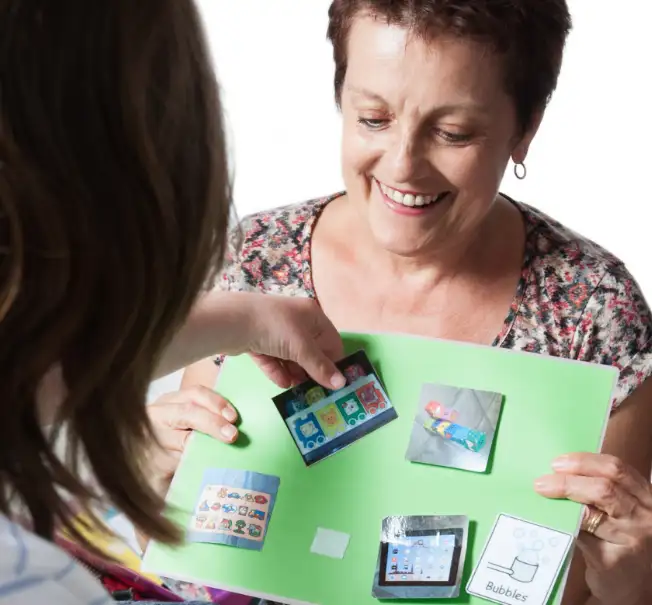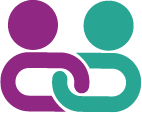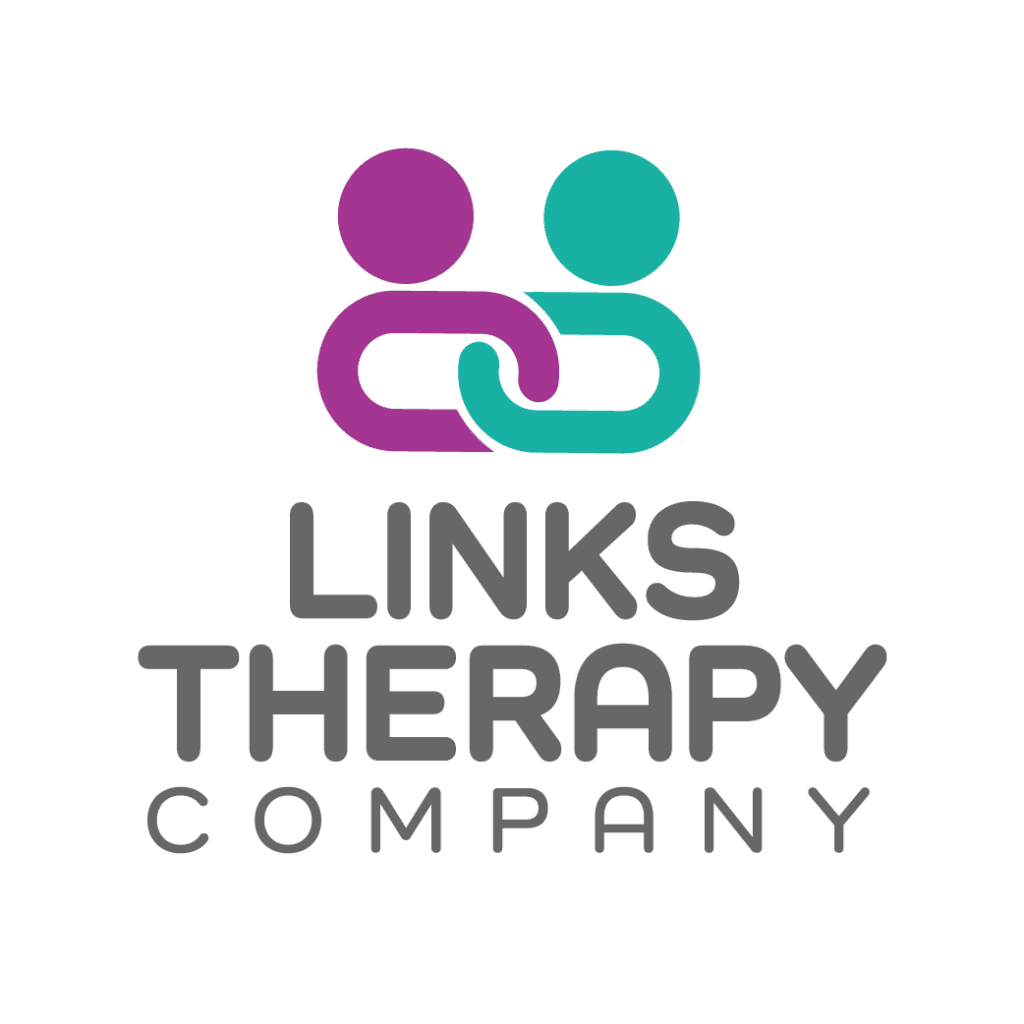SPEECH & LANGUAGE THERAPY
Personalised communication support for
children, young people and adults
We believe that every individual needs to feel valued and safe
We all deserve a ‘voice’ to enable us to communicate and advocate for ourselves throughout our daily lives as much as possible.
- Who do our Speech and Language Therapists work with?
- Individuals who are neurodiverse (including ADHD and Autism)
- Individuals who have learning disability
- Those who are non-speaking
- Those who have experienced developmental trauma
- People who present with distress behaviours that may challenge services
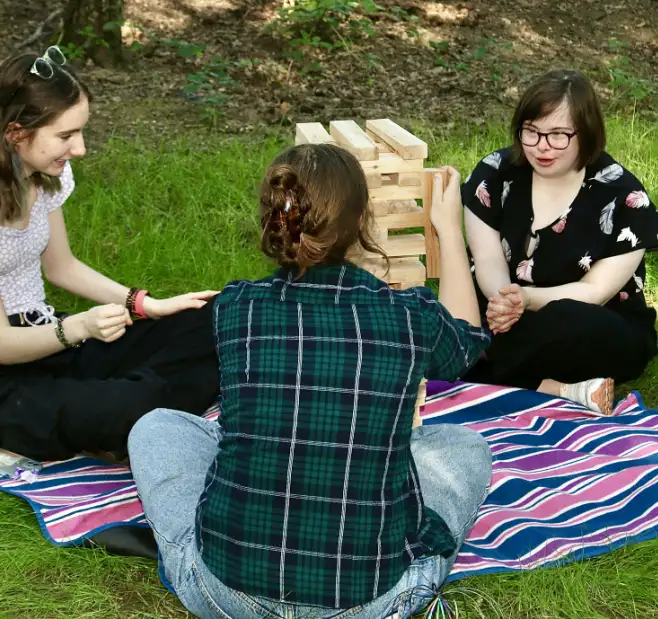
What is speech and Language Therapy?
It is about improving communication skills, increasing confidence and enhancing overall wellbeing
- Support may be needed when there are difficulties with:
- Understanding spoken information (and how to support individuals with this difficulty)
- Communicating for a range of reasons to enable greater participation in daily life
- Communicating clearly using a clear means of communication
- Vocabulary needed to access daily activities
- How to understand and navigate communication with others
- Eating and drinking
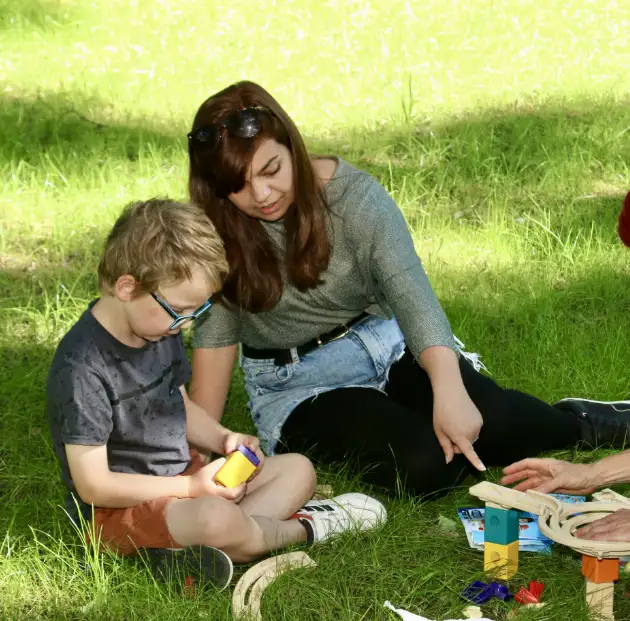
As Speech and Language Therapists, we believe that having a holistic approach helps everyone to get the most from our services. We listen to the individuals we work with, so we can try to understand their thoughts, opinions and emotions. When needed we can work together with our wider team at Links Therapy, we would work to create a plan shaped around personalised journeys, goals and targets. We appreciate that we may be part of a wider interdisciplinary team and we believe that sharing information and advice is key to making better decisions and in the best interests of those we support.
Our Speech and Language Therapy team offers support to children, young people and adults in a wide range of areas. This includes support for those around the child, young person or adult (at home, in school, in a care setting, workplace or community).
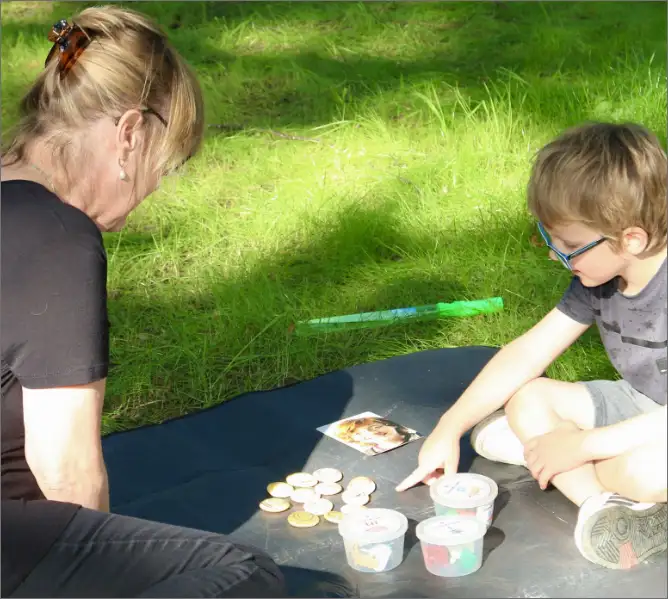
What does Speech and Language Therapy Involve?
Assessment of communication and eating and drinking through one or more of the following:
- Observation of the individual within daily environments (mealtimes or snacks if there is an eating and/or drinking difficulty) to identify needs
- Assessment during time spent with the individual
- Gathering information from those who know the individual well
- Putting together information about the individual’s communication and/or eating and drinking and providing recommendations to include resources and strategies that may be of benefit
- Sharing the advice and recommendations with the individuals (where appropriate) and the team around them
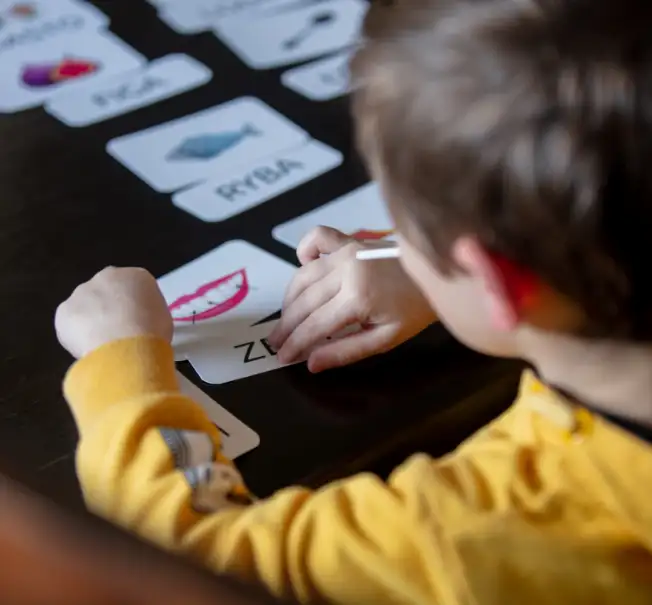
Bespoke and individual support as agreed upon and outlined within the plan made during the assessment which may include on or more of the following:
- Support within daily environments with suggestion on how to implement recommendations within the daily routine
- Time spent with the individual and/or those that support them to talk through information, strategies and resources and demonstrate where needed/requested
- 1:1 sessions to work on specific areas (always alongside strategies for communication partners with a view to sharing information to maximise generalisation)
- Training for those to support the individual or group
- Attendance at interdisciplinary meetings to advocate for the individual, share information, learn about and contribute to the person as a whole person and to make plans as a team and where needed make a solutions focussed plan, keeping the person at the centre.
